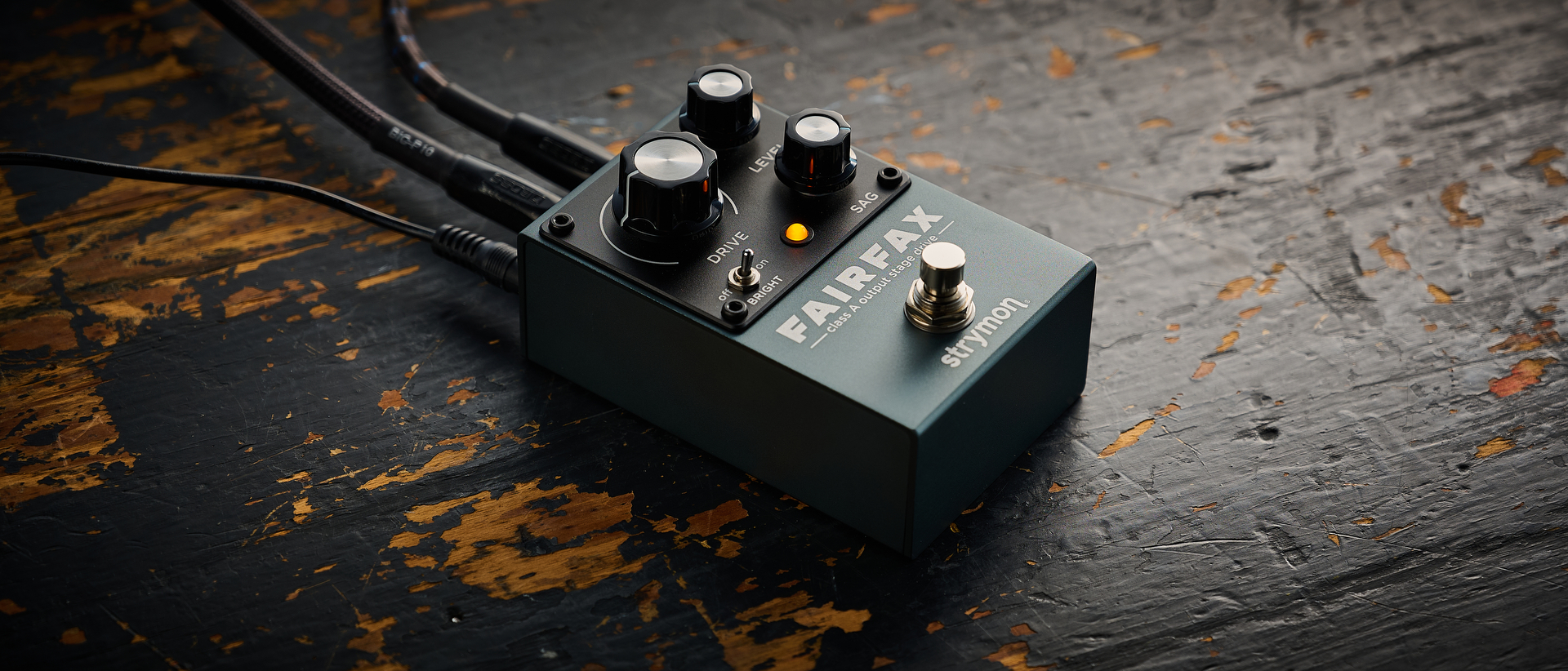Muse’s Matt Bellamy on the genius of Pink Floyd’s Dark Side of the Moon – “You get this feeling of floating around indefinitely when you’re listening to David Gilmour play”
The latter-day prog rock superstar tells us how he first came to hear the 1973 Pink Floyd classic, and what makes David Gilmour a player beyond compare

All the latest guitar news, interviews, lessons, reviews, deals and more, direct to your inbox!
You are now subscribed
Your newsletter sign-up was successful
Muse man Matt Bellamy has played his own significant role in taking widescreen progressive rock to an enormous audience, so perhaps it’s not surprising he found a connection in Pink Floyd’s epic ear for composition...
“For the three of us in Muse, hearing The Dark Side Of The Moon for the first time was a massive deal. For our second album, Origin Of Symmetry, we were working with [producer] John Leckie.
“He was kind of blown away by our lack of knowledge about the history of rock and music in general – and some people probably still are, to be honest! He would show us some artists like Captain Beefheart and explain how that transitioned into Tom Waits.
“Obviously we’d heard of Pink Floyd, but we’d never really listened to them properly, or at least the way John wanted us to. So in 2001, he made us turn the lights out in the control room and play The Dark Side Of The Moon a few times. We were probably smoking spliffs going, ‘Wow, what is this music, it’s unbelievable!’
The Money riff is super cool and there’s a whole message to it – they were tapping into this anti-corporate and anti-war sentiment
“It was such a mind-blowing experience. That was the first one that really hit us. It led to us making our fourth album, Black Holes And Revelations, in the south of France in a place called Miraval – an old chateau where they made parts of The Wall, which was the main factor in us deciding to record there!
“Picking out the best guitar moment on The Dark Side Of The Moon is a tough one, but I have to say Money stands out. That riff is super cool and there’s a whole message to it – they were tapping into this anti-corporate and anti-war sentiment. It was so influential in terms of what music can stand for.

“David Gilmour is such an amazingly expressive and emotional player. He somehow makes you feel like you’re hearing a human singing at times. He plays with a degree of expression that’s very, very rare. There’s no real technical trickery or showing off with him, unless it’s there for an emotional reason.
All the latest guitar news, interviews, lessons, reviews, deals and more, direct to your inbox!
We were probably smoking spliffs going, ‘Wow, what is this music, it’s unbelievable!’
“That tends to be my favourite kind of guitar playing – where emotion and expression are number one. If that takes you into a place of technical ambition, then so be it. But more often, it’s his note choices and feel that take you away... they’re evocative of infinite landscapes, things like Antarctica or the desert or roaming around the skies of Mars.
“You get this feeling of floating around indefinitely when you’re listening to David Gilmour play. I don’t think anyone else has done that, for me, or at least to that degree. You feel so elevated and out of everyday life when listening to that band and his leads. It’s incredible.”
- Have your say! What is the greatest song Muse have ever recorded?
Amit has been writing for titles like Total Guitar, MusicRadar and Guitar World for over a decade and counts Richie Kotzen, Guthrie Govan and Jeff Beck among his primary influences as a guitar player. He's worked for magazines like Kerrang!, Metal Hammer, Classic Rock, Prog, Record Collector, Planet Rock, Rhythm and Bass Player, as well as newspapers like Metro and The Independent, interviewing everyone from Ozzy Osbourne and Lemmy to Slash and Jimmy Page, and once even traded solos with a member of Slayer on a track released internationally. As a session guitarist, he's played alongside members of Judas Priest and Uriah Heep in London ensemble Metalworks, as well as handled lead guitars for legends like Glen Matlock (Sex Pistols, The Faces) and Stu Hamm (Steve Vai, Joe Satriani, G3).

